- Old Draft: Beatles Folk Memory 1970-1995 - December 8, 2025
- Lights are back on. - December 8, 2025
- From Faith Current: “The Sacred Ordinary: St. Peter’s Church Hall” - May 1, 2023
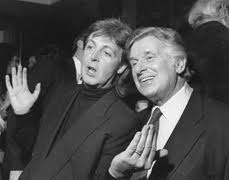
Paul McCartney and Sid Bernstein.
MIKE GERBER • Sad news today: Sid Bernstein, one of America’s first Beatlemaniacs and a man who helped orchestrate the peerless mayhem of 1964 and 1965, has died at 95.
“The son of a Harlem tailor,” wrote Bob Spitz, “he was convinced of The Beatles’ greatness before he ever heard them sing a note…Bernstein reached into his own pocket to book no less a venue than Carnegie Hall for a group that had no hit record and no following in America.” Then Capitol decided to really push “I Want To Hold Your Hand,” Ed Sullivan happened, and Sid Bernstein entered showbiz history.
“Small-Time”? No—Just Right
Typically, Albert Goldman dismissed Sid Bernstein as “small-time” because he, like Brian Epstein, was unable to predict the unpredictable. Of course if they had done, and really milked Beatlemania properly, Goldman would’ve called both men “crass operators interested only in the next buck.” What Goldman fails to remember—and what we shouldn’t forget—is that nothing on the scale of Beatlemania had ever happened before. Furthermore, it wasn’t bullet-proof; once started, it could’ve been derailed in a million different ways. “I Want To Hold Your Hand” didn’t guarantee Sullivan; Sullivan didn’t guarantee Carnegie Hall; and Carnegie Hall didn’t guarantee Shea. These were all decisions, and they were great ones by smart people.
Carnegie Hall, 1964 >> Shea Stadium, 1965
Bernstein’s instinct to put the group in Carnegie Hall was a masterstroke, and no small finagle. Before the Beatles, Carnegie Hall had been closed to rock and roll; the promoter had put together the deal by calling them a folk group. Bernstein also claimed it would be good for international relations, and maybe it was. There were even plans to record the concert, but the American Federation of Unions wouldn’t allow George Martin to work in the U.S. No Martin, no record, The Beatles said, and there the plans stopped. It was probably for the best, given the crowd’s reaction, which was so ferocious that it blotted out the music. (Lennon even shouted at the crowd to “Shut up!”)
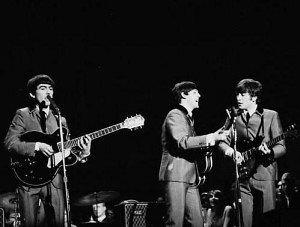
The Beatles at Carnegie Hall, February 12, 1964, probably just before John yelled at everybody.
Bernstein’s simpatico with Brian Epstein, which he discusses in the video below, was another stroke of luck. Like Epstein, Bernstein wasn’t an established figure, he was young and on the fringes of the business. Yet he had some connections, was hungry, and willing to innovate. But most of all, like Epstein, he had incredible faith in the group. By booking The Beatles into Carnegie Hall in 1964—as opposed to a bigger, more declassé venue—Bernstein and Epstein were hedging their bets in a very sensible way: a small house, but the best one. The Beatles, as they so often did, did the new thing, gave it a gloss of high culture, and trusted their talent to do the rest. Newness, high class polish, and talent—these three aspects were Epstein’s magic formula, and Sid Bernstein innately understood that.
The success at Carnegie Hall led directly to the even bigger success at Shea the following year, the apex of The Beatles on tour. These two events will loom large in any Sid Bernstein obituary, and rightly so; without Sid Bernstein, the history of The Beatles might’ve been much different. And it’s to his credit that, even in the darkest days of the 70s, he always pushed for a Beatles reunion. Of course this wasn’t simple altruism on his part; but capitalism in the service of Beatle-stuff is a philosophy I can really get behind. You?
Sid Bernstein’s finest moment, The Beatles at Shea Stadium, 1965
http://dai.ly/xodm5p

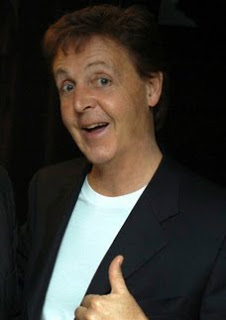
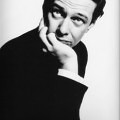
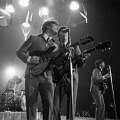
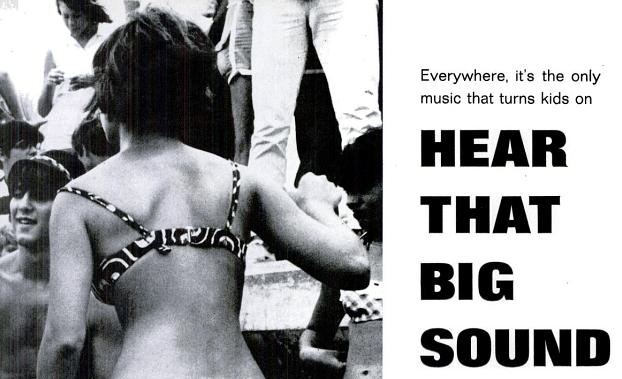
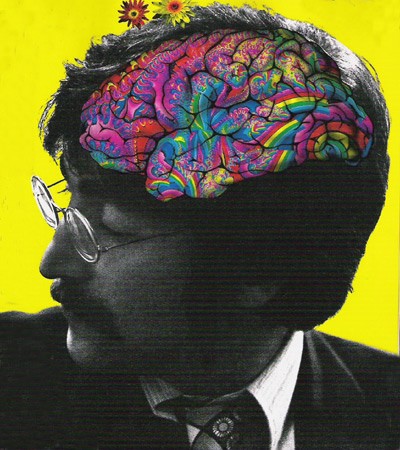
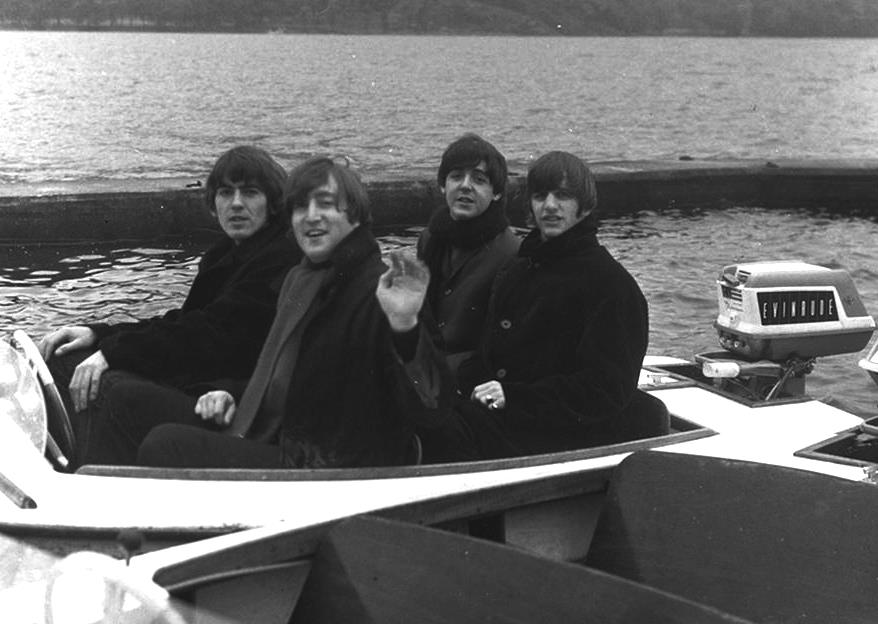
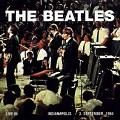
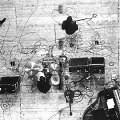

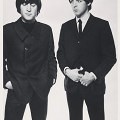
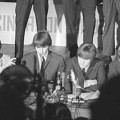

Nice summation, Mike. I saw Bernstein speak in 2003 at my first and so far last Beatles convention; he was in ill health and spoke so quietly and slowly that some people (including ourselves, I confess) couldn’t last it out. But he was a big heap of human history on that stage, and clearly still amazed and delighted at his role in the Beatles’ story.
Thanks, Devin. When I sat down to write it—after the news came over the wire that he had died—I realized that I’d never truly thought about Sid Bernstein before, probably because it’s so tempting to dismiss anybody in that business as “just another hustler.” That’s certainly how Sid’s described in most Beatle bios—somebody who had a lucky break. But as I wrote, I realized that Sid’s taste was very in tune with what Brian (and thus John) wanted for the group in the early days, and that he, like George Martin, and Richard Lester, and even Al Brodax, seemed like a quality individual, perfectly positioned, and fundamentally respectful to the group. Sid Bernstein’s just another example of the stupendous good fortune which lasted until Brian’s death.
BACK IN THE EARLY 60’S,I WAS JUST OUT OF THE U.S.MARINE CORPS AND TRYING TO BREAK INTO”SHOW BIZ AS A SINGER,
THROUGH A SERIES OF LUCKY BREAKS,MY DEMO RECORDS MADE IT TO THE DESK OF SID BERSTEIN.
HE CALLED ME IN FOR A MEETING TO DISCUSE PLANS FOR MY FUTURE.HE PASSED ON MY DEMOS TO A VERY SUCCESSFUL RECORD PRODUCING BY THE NAME OF BURT BERNS,WHO RECORDING ME FOR EPIC RECORDS.
ALL DURING THIS TIME I WAS UNAWARE HE WAS ALSO WORKING WITH THE BEATLES.
ANYTIME I NEEDED TO CALL HIM,I WAS ALWAYS PUT STRAIGHT THROUGH.NO WAIT;NO HE WAS IN A MEETING OR OUT.NO,I ALWAYS GOT RIGHT THROUGH.WITH ALL THAT MUST OF HAVE BEEN GOING WITH HIM AND THE BEATLES,HE WAS NEVER TO BUSY TO SEE OR TALK TO ME.
I SPENT THE REST OF MY ADULT LIFE AS A PROFESSIONAL, AND NEVER,NEVER MET A MAN AS WARM,AS GIVING,AS HELPFUL AS SID BERSTEIN!
HE WAS TRULY A REAL GENTLEMAN!
AS I LEARNED DURING THE REST OF MY SINGING CAREER,THERE ARE VERY FEW PEOPLE IN THAT BUSINESS YOU COULD SAY THAT ABOUT.
SID WAS TRULY A ONE OF A KIND!!
ART SMALLEY